Introduction – Unraveling the World of Bird Experts
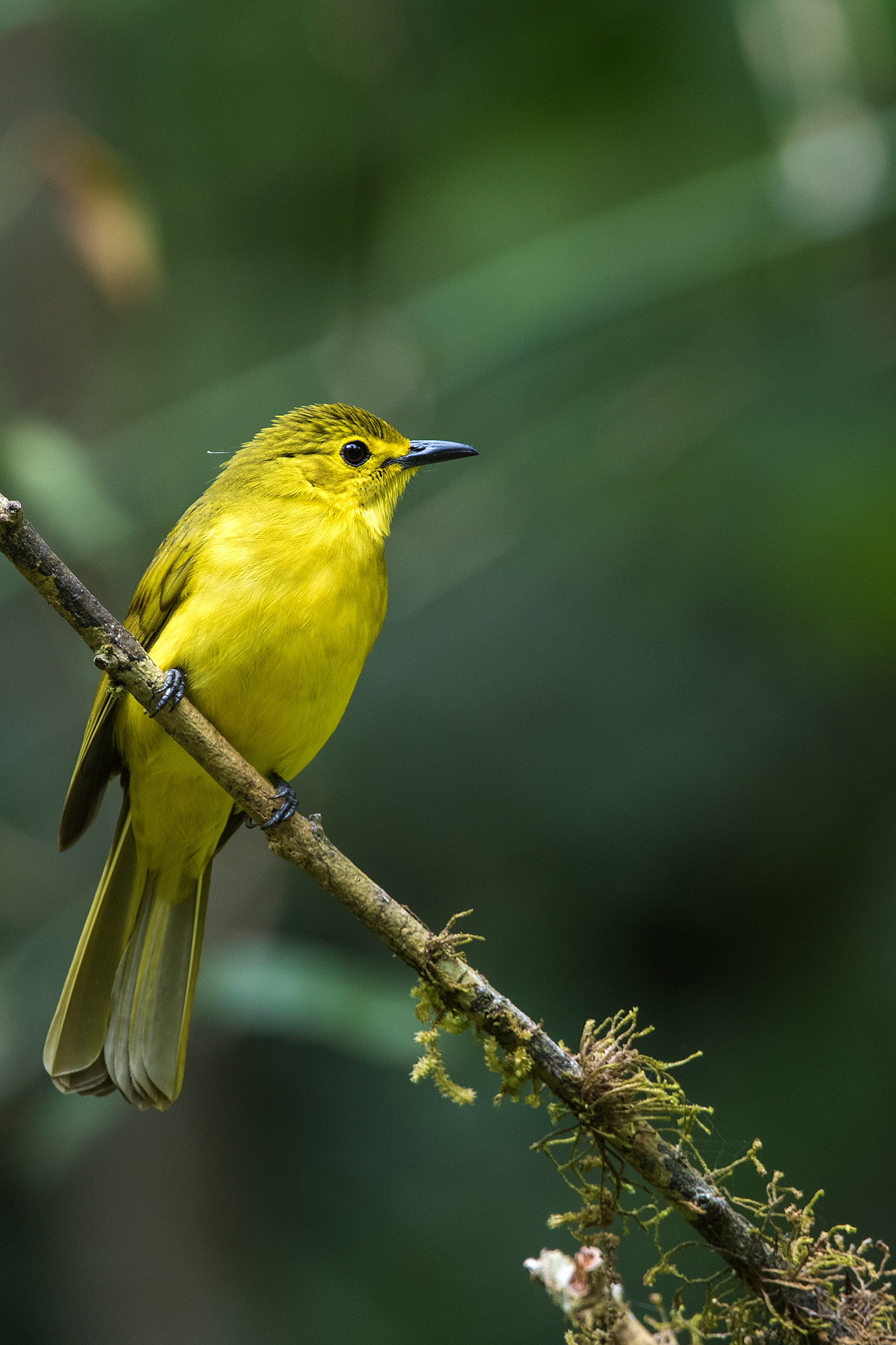
Birds have captivated humans for centuries with their vibrant colors, enchanting songs, and awe-inspiring ability to soar through the skies. But what does it truly mean to be a “bird expert”? In this article, we will dive into the fascinating world of bird experts, also known as ornithologists, and explore the knowledge and expertise required to understand and conserve these remarkable creatures.
The Role of a Bird Expert
Ornithologists, or bird experts, dedicate their lives to the scientific study of birds. They delve deep into the behavior, biology, ecology, and conservation of avian species. As a branch of zoology, ornithology encompasses a comprehensive investigation of birds, including their classification, anatomy, physiology, and distribution.
A Wealth of Knowledge and Expertise
Bird experts possess a wealth of knowledge about various bird species, their habitats, migration patterns, breeding behaviors, and adaptations. This expertise is acquired through years of education, research, and hands-on experience. These dedicated individuals often conduct field research, observe bird populations, collect data, and analyze their findings to contribute to the understanding of avian biology and conservation efforts.
Diverse Settings and Engaging Activities
Bird experts can be found in a range of settings, such as research institutions, universities, government agencies, wildlife management organizations, and conservation groups. They engage in a variety of activities, including bird banding, population monitoring, surveys, analysis of bird sounds and calls, and examination of bird specimens.
Beyond Science and Conservation
The expertise of bird experts extends beyond the scientific realm. They play a crucial role in educating the public about the significance of birds in ecosystems and the need for their conservation. Additionally, they may participate in policy-making, advising on bird-related issues, and contributing to conservation strategies aimed at protecting endangered species and their habitats.
In the following sections, we will explore the different types of bird experts, the education and expertise required to become one, as well as the benefits and challenges associated with this unique vocation. By the end of this article, you will have a deeper understanding of what it truly means to be a bird expert and the vital role they play in unraveling the mysteries of the avian world.
The Types of Bird Experts

Bird experts come in various forms, each with their own unique approach and specialization. Let’s explore the three main types of bird experts: ornithologists, birders, and aviculturists.
Ornithologists
Ornithologists are dedicated scientists who study birds comprehensively and scientifically. They explore various aspects of bird biology, including behavior, ecology, evolution, anatomy, and physiology. Ornithologists conduct field research, collect data, and analyze it to gain valuable insights into bird populations, migration patterns, and habitat preferences.
Working in academic institutions, research organizations, or government agencies, ornithologists contribute significantly to our understanding of avian life. They play a crucial role in conservation efforts by studying endangered species, monitoring bird populations, and providing recommendations for habitat preservation.
Birders
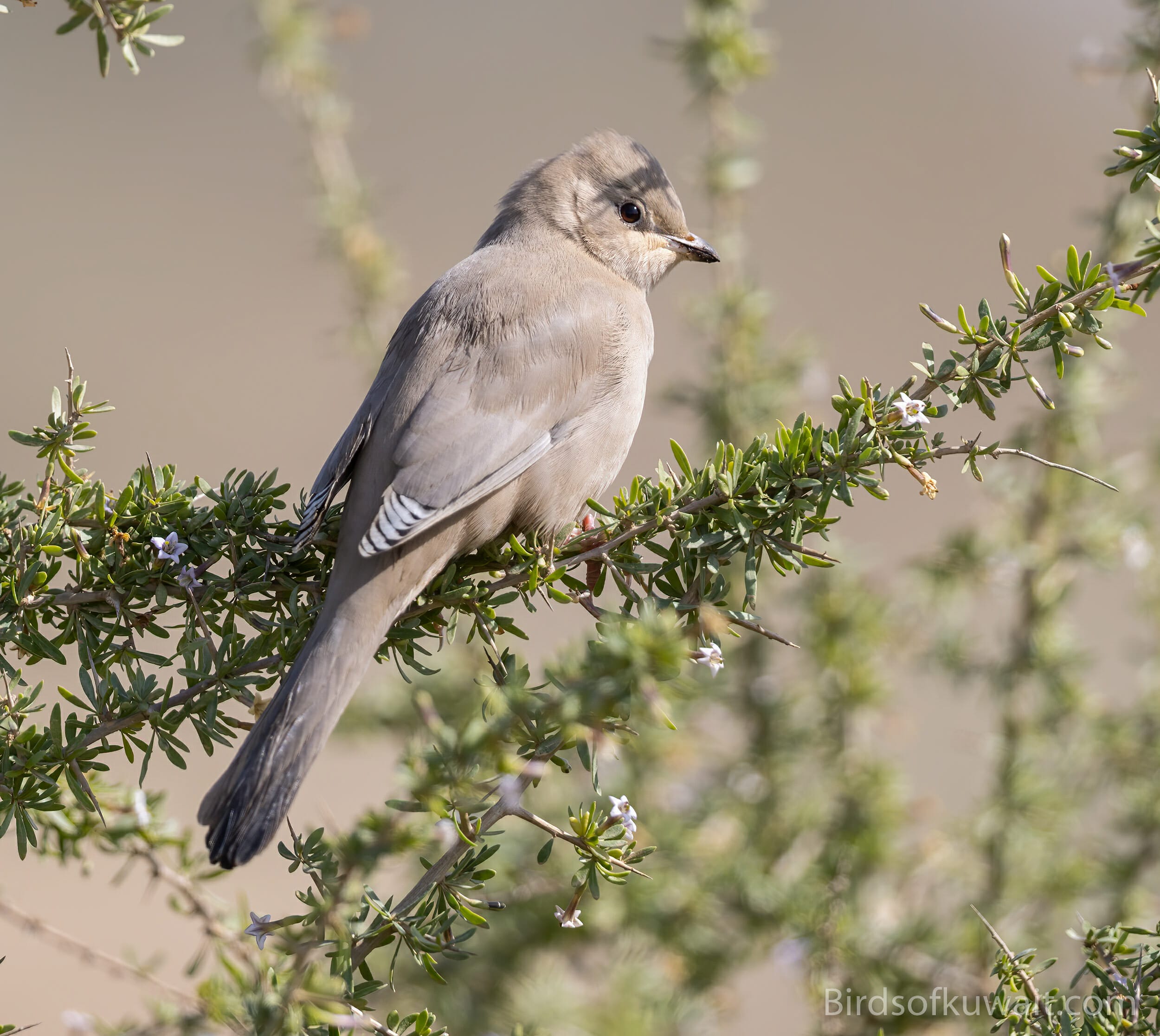
Birders, also known as birdwatchers, observe and identify birds for recreational purposes. For birders, birdwatching is both a hobby and a passion. They derive immense pleasure from observing birds in their natural habitats and actively seek out specific species or rare sightings.
Equipped with field guides, binoculars, spotting scopes, and sometimes photography equipment, birders often travel to different locations to aid in bird identification. They may participate in birding events, connect with fellow enthusiasts, and contribute to citizen science projects by reporting sightings, participating in bird counts, and contributing to bird atlases.
Aviculturists
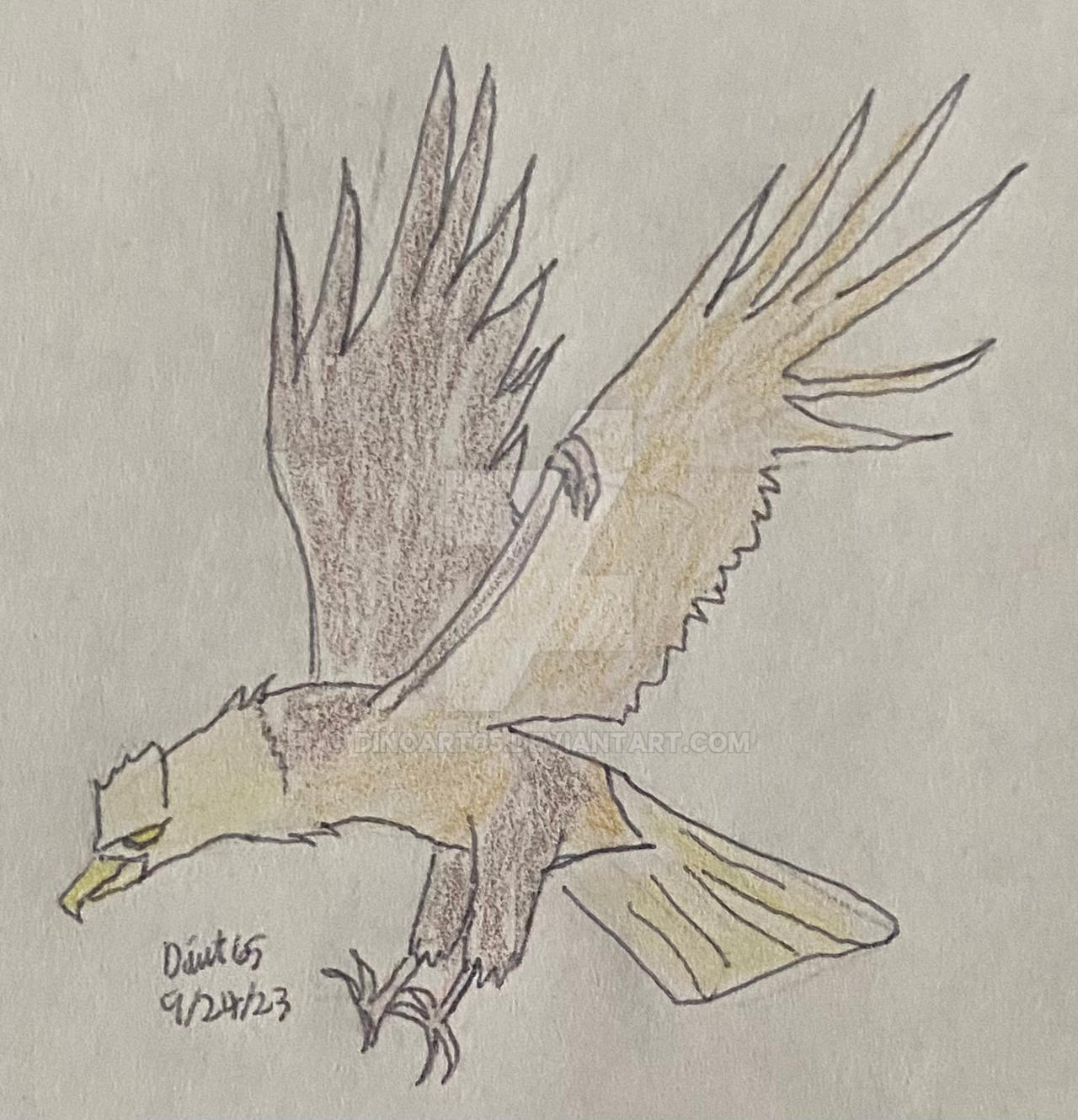
Aviculturists are experts who specialize in the care, breeding, and conservation of birds kept in captivity. They possess deep knowledge of avian behavior, diet, habitat requirements, and breeding techniques. Aviculturists work in aviaries, zoos, or private facilities, ensuring the well-being and reproductive success of captive bird populations.
These experts play a crucial role in maintaining genetic diversity among captive bird species and safeguarding against the threat of extinction. Aviculturists often collaborate with conservation organizations to reintroduce endangered species into their natural habitats and support breeding programs aimed at bolstering wild populations.
By understanding the unique roles and contributions of ornithologists, birders, and aviculturists, we can appreciate the diverse perspectives and expertise within the field of bird study and conservation.
Continue reading to delve into the education and expertise required to become a bird expert.
The Education and Expertise Required to Become a Bird Expert

Ornithologists
Ornithologists are scientists who comprehensively study birds, including their behavior, ecology, physiology, evolution, and taxonomy. They typically obtain advanced degrees, such as a Ph.D., in ornithology or a related field, which equips them with solid foundations in scientific research methods and data analysis.
Working in academic institutions, museums, research organizations, or government agencies, ornithologists conduct fieldwork to observe and collect data on birds. They also spend time in laboratories analyzing samples and conducting experiments. Some specialize in specific areas, such as bird migration patterns, vocalizations, or conservation.
Birders
Birders, or birdwatchers, are passionate enthusiasts who observe and identify birds as a recreational activity. While they may not have the same formal education as ornithologists, they acquire deep knowledge through self-study, experience, and interaction with other birders.
Birders explore various habitats, relying on field guides, binoculars, and cameras for bird identification. They maintain lists of species seen and contribute to citizen science projects like eBird by reporting sightings.
Aviculturists
Aviculturists are experts in the care, breeding, and management of birds in captivity. They work in zoos, aviaries, or private collections, and acquire knowledge through formal education and hands-on experience.
Aviculturists understand the unique requirements of different bird species, monitoring health, developing specialized diets, and implementing breeding programs. They contribute to conservation through breeding and reintroduction programs for endangered birds.
By specializing in their respective fields, ornithologists, birders, and aviculturists contribute to the overall understanding and conservation of birds, benefiting both wild and captive populations.
The Benefits of Becoming a Bird Expert
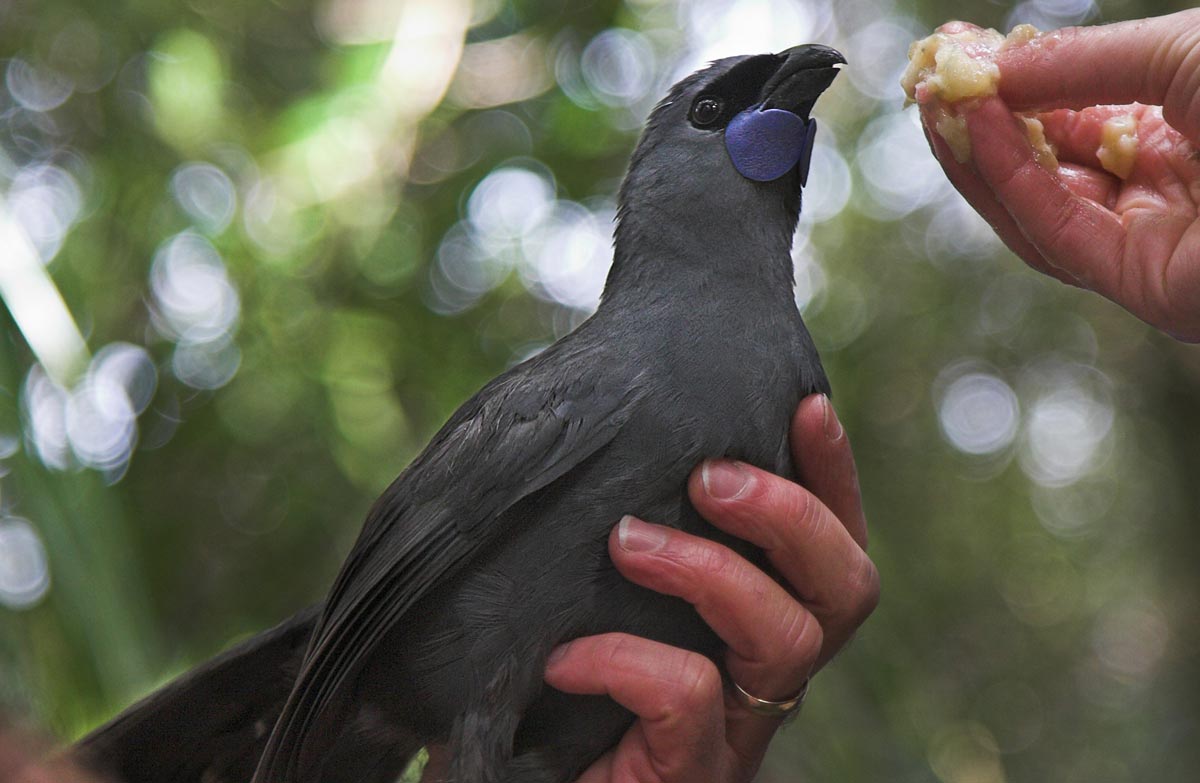
Becoming a bird expert offers numerous advantages that go beyond a fascination with avian species:
Deep Knowledge and Understanding
Bird experts develop profound knowledge of behavior, habitat, migration patterns, and ecological roles. This understanding allows them to appreciate the beauty of birds and contribute to their conservation and protection.
Personal Fulfillment and Passion
Becoming a bird expert brings immense personal fulfillment, allowing individuals to pursue their interests wholeheartedly. Studying and observing birds satisfies curiosity and deepens the connection with nature, bringing a sense of purpose and satisfaction.
Contribution to Science and Conservation
Bird experts play a vital role in scientific research and conservation efforts. They aid in assessing conservation status, implementing protection measures, and understanding complex ecological systems.
Opportunities for Fieldwork and Travel
Bird experts engage in fieldwork, exploring diverse habitats and encountering numerous species. This provides exciting opportunities for travel and enriches their understanding of birds and ecosystems.
Networking and Collaboration
Bird experts connect with a community of like-minded individuals, fostering collaboration, knowledge exchange, and collective efforts in bird conservation. This network contributes to a shared vision of protecting and celebrating avian life.
In conclusion, becoming a bird expert offers deep knowledge, personal fulfillment, scientific contributions, fieldwork opportunities, and networking within the birding community. These benefits inspire individuals to delve into the captivating world of birds, making a positive impact on avian conservation and promoting a greater appreciation for these remarkable creatures.
The Challenges of Being a Bird Expert

Bird experts, also known as ornithologists, face several challenges in their field of study. These challenges arise due to the vast diversity of bird species, the difficulty in studying birds in their natural habitats, the identification and classification of birds, and the conservation efforts required to protect bird populations.
Vast Diversity of Bird Species
One major challenge for bird experts is the incredible diversity of bird species. With over 10,000 known species, each possessing unique characteristics, behaviors, and habitats, ornithologists must possess extensive knowledge and expertise across various bird species. Understanding the specific requirements of different birds is crucial for their conservation, management, and overall understanding.
Studying Birds in Their Natural Habitats
Studying birds in their natural habitats presents its own set of challenges. Birds can be elusive and possess different migratory patterns, making it difficult to consistently track and observe them. To gather accurate data, bird experts often have to travel to different locations, some of which may be remote and inaccessible. Conducting fieldwork in these areas requires significant planning, resources, and logistical coordination.
Identification and Classification
Identifying and classifying birds can be a challenging task for experts. Many bird species share similar physical features, making it necessary for ornithologists to have a keen eye and detailed knowledge. To aid in identification, bird experts employ various tools and techniques such as bird banding, DNA analysis, and vocalizations. These methods help differentiate between similar species and contribute to our understanding of their distribution and behavior.
Conservation Efforts
The conservation of bird populations poses a significant challenge for bird experts. Numerous bird species face threats such as habitat loss, climate change, pollution, and predation. Ornithologists play a crucial role in monitoring and studying these threats, as well as developing strategies and initiatives to protect and conserve bird populations. This requires collaboration with government agencies, environmental organizations, and local communities to implement effective conservation measures.
Limited Funding and Resources
Research funding and resources can be limited in the field of ornithology, which poses challenges for bird experts. Securing grants, donations, and collaborations becomes crucial for carrying out comprehensive studies. Limited funding can hinder the scope and scale of research, potentially impacting the ability of ornithologists to gather essential data and contribute to our understanding of bird ecology and conservation.
Conclusion

Being a bird expert comes with its fair share of challenges. The vast diversity of bird species, the difficulty in studying birds in their natural habitats, the identification and classification of birds, and the conservation efforts required all contribute to the complex nature of the field. However, despite these challenges, bird experts play a vital role in advancing our knowledge of avian species and working towards their protection and conservation.
Sources


- Insert your sources here.
Sources
Discover a wealth of valuable resources to enhance your knowledge of ornithology, birding, and aviculture. From books to scientific journals, websites, online communities, and birding apps, these sources offer comprehensive information and connect you with fellow bird enthusiasts and experts.
Books
Expand your understanding of birds with these reputable books:
- “The Sibley Guide to Birds” by David Allen Sibley
- “National Geographic Field Guide to the Birds of North America” by Jon L. Dunn and Jonathan Alderfer
- “The Bird Watching Answer Book” by Laura Erickson
- “The Genius of Birds” by Jennifer Ackerman
- “Birds of North America: A Guide To Field Identification” by Chandler S. Robbins et al.
- “Peterson Field Guide to Birds of North America” by Roger Tory Peterson
These authoritative guides cover various aspects of bird study, including behavior, identification, anatomy, and migration patterns.
Scientific Journals
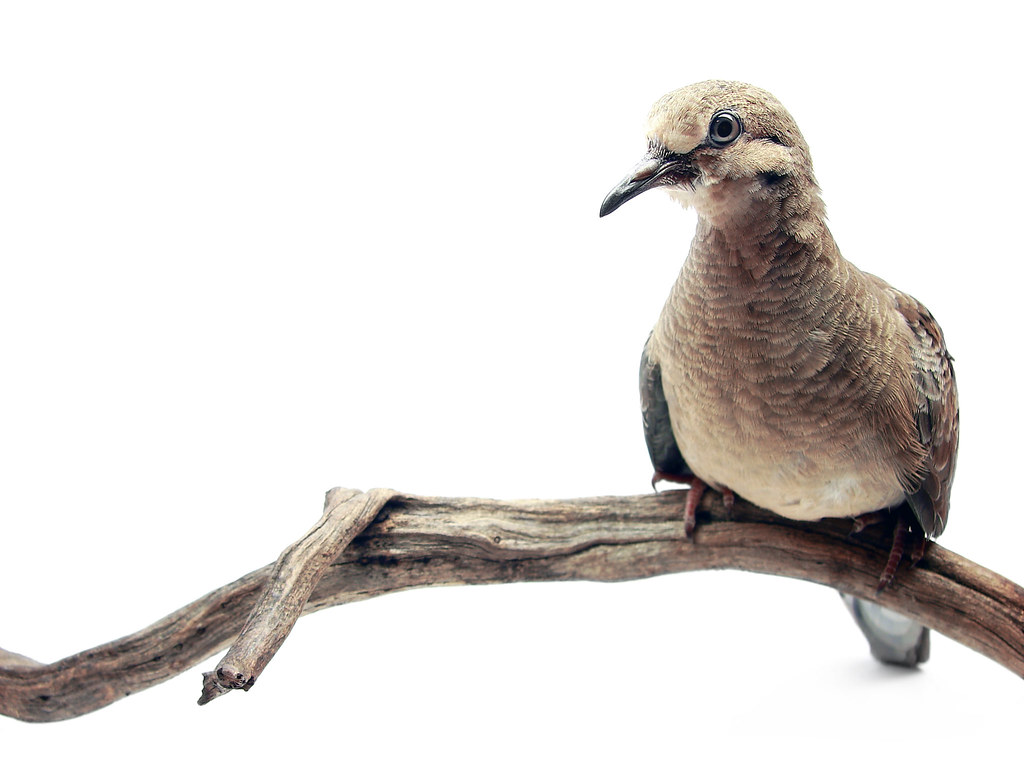
Stay up to date with the latest scientific findings in ornithology through these journals:
- The Auk
- The Condor
- Journal of Avian Biology
- Wilson Journal of Ornithology
- Ibis – International Journal of Avian Science
- The Journal of Field Ornithology
These publications feature studies and articles by experts, providing valuable insights into bird biology, ecology, and conservation.
Websites
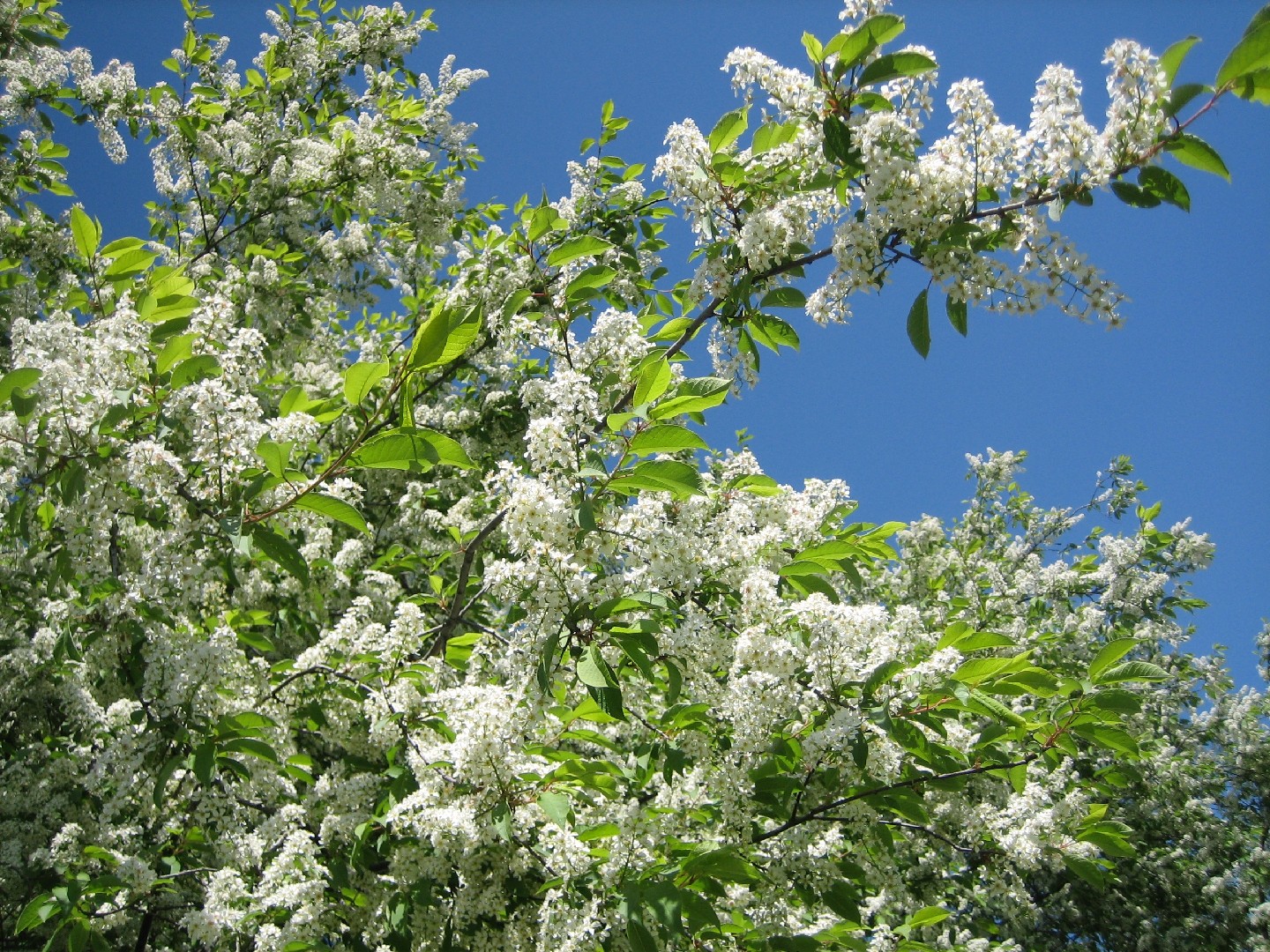
Explore reputable websites that provide comprehensive resources on birds and birding:
- National Audubon Society
- Cornell Lab of Ornithology
- BirdLife International
- American Birding Association
- Birds of North America Online
These websites offer bird identification tools, educational resources, and citizen science projects.
Online Communities
Engage with fellow bird enthusiasts and experts through these online communities and forums:
These platforms provide opportunities to share knowledge, discuss bird-related topics, and seek identification help.
Birding Apps
Harness the power of technology with these popular birding apps:
These apps offer bird identification guides, songs and calls, and tools for recording and sharing bird sightings.
Explore these diverse sources to deepen your understanding of birds, expand your birding skills, and connect with a community of passionate bird experts and enthusiasts. Happy birding!
Frequently Asked Questions
What do you call a bird expert?
A bird expert is commonly known as an ornithologist. Ornithologists dedicate their lives to the scientific study of birds, including their behavior, biology, ecology, and conservation.
What is the role of a bird expert?

The role of a bird expert, or ornithologist, is to conduct scientific research on birds. They study various aspects of avian species, including their behavior, anatomy, physiology, migration patterns, and habitat preferences. Ornithologists also contribute to conservation efforts by studying endangered species, monitoring bird populations, and recommending habitat preservation strategies.
What types of bird experts are there?
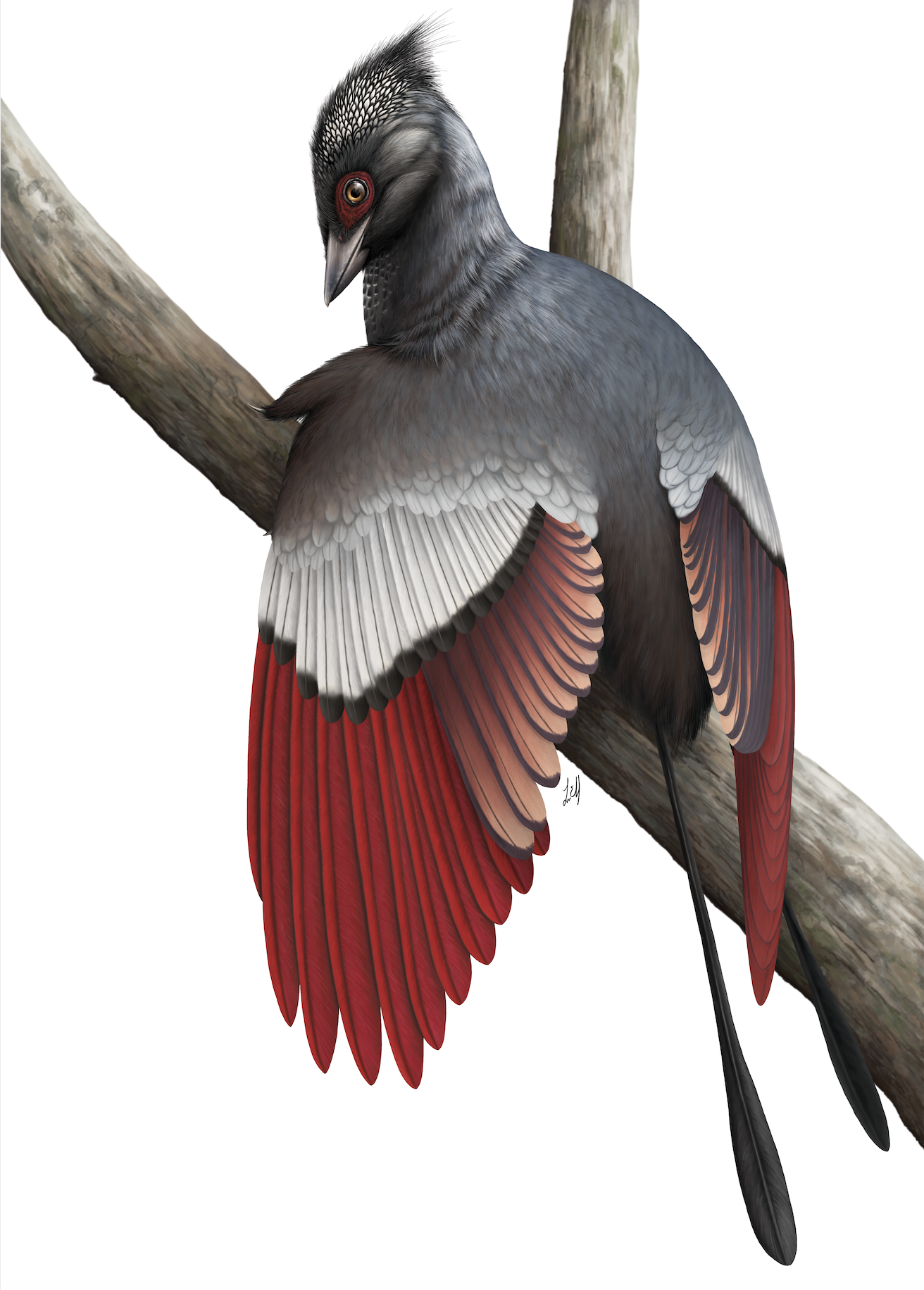
There are three main types of bird experts: ornithologists, birders, and aviculturists. Ornithologists are scientists who comprehensively study birds, birders observe and identify birds for recreational purposes, and aviculturists specialize in the care, breeding, and conservation of birds kept in captivity.
What education and expertise are required to become a bird expert?
To become a bird expert, ornithologists typically obtain advanced degrees, such as a Ph.D., in ornithology or a related field. They acquire knowledge and expertise through formal education, research, and hands-on experience. Birders acquire knowledge through self-study, experience, and interaction with other birders, while aviculturists acquire knowledge through formal education and hands-on experience in caring for and breeding birds in captivity.
What are the benefits and challenges of being a bird expert?
Becoming a bird expert offers benefits such as deep knowledge and understanding of birds, personal fulfillment and passion, scientific contributions, opportunities for fieldwork and travel, and networking within the birding community. However, bird experts also face challenges, including the vast diversity of bird species, studying birds in their natural habitats, identification and classification, conservation efforts, and limited funding and resources.

Leave a Reply